Along with sops for consumers, the Union Budget 2019-20 has outlined various proposals to develop India as a global hub for manufacturing of electric vehicles.
Presenting the budget, finance minister Mrs Nirmala Sitharaman said that only advanced battery and registered e-vehicles will be incentivized under Phase-II of the FAME [Faster Adoption and Manufacturing of Electric Vehicles in India] scheme. The main objective of the scheme is to encourage faster adoption of electric vehicles through upfront incentive on purchase of such vehicles and also by establishing the necessary charging infrastructure for the same.
Phase II of FAME—rolled out from April 1—has an outlay of Rs10,000 crore for a period of 3 years.
The minister added that the inclusion of solar storage batteries and charging infrastructure in the FAME scheme will give a boost to manufacturing, which is needed for India to leapfrog and become a global hub for manufacturing of these vehicles.
Tax rebates
The government has already moved Good and Services Tax (GST) council to lower the GST rate on electric vehicles from 12% to 5%. Also to make electric vehicles affordable to consumers, the government will provide additional income tax deduction of Rs 1.5 lakh on the interest paid on loans taken to purchase electric vehicles. This amounts to a benefit of around Rs 2.5 lakh over the loan period to the taxpayers who take loans to purchase electric vehicle.
To further incentivise e-mobility, customs duty is being exempted on certain parts of electric vehicles.
This content is protected by copyright and may not be reused. If you want to cooperate with us and would like to reuse some of our content, please contact: editors@pv-magazine.com.
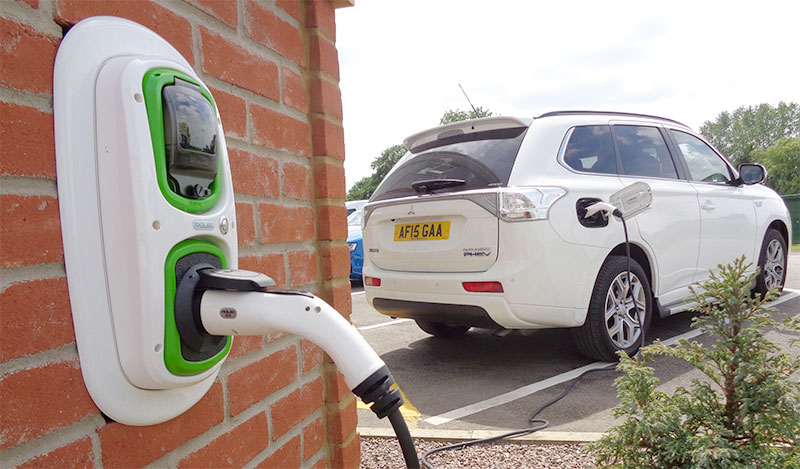
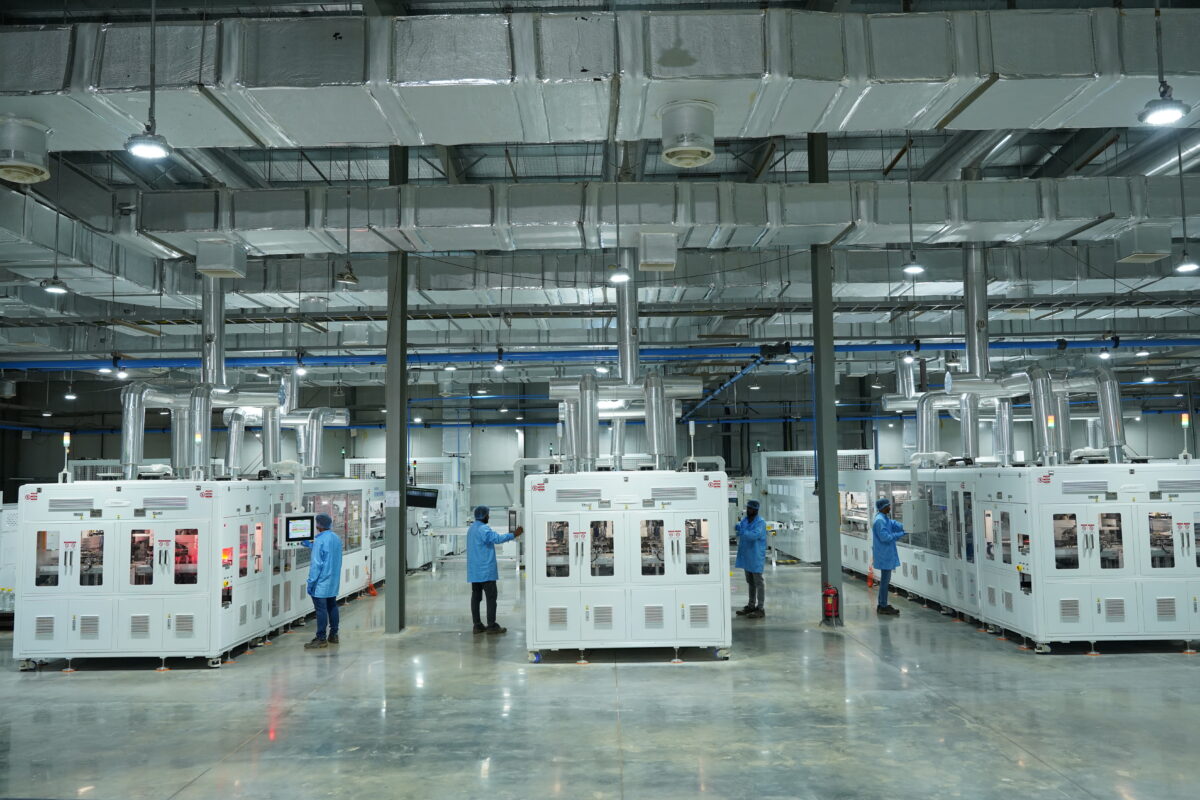


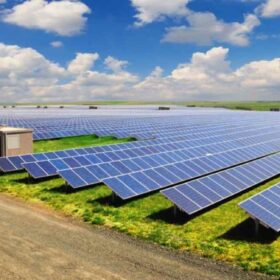

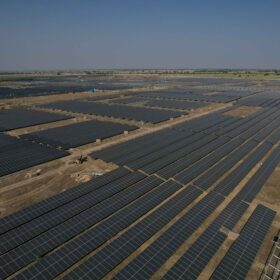
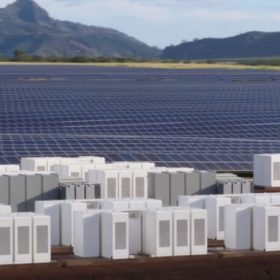

By submitting this form you agree to pv magazine using your data for the purposes of publishing your comment.
Your personal data will only be disclosed or otherwise transmitted to third parties for the purposes of spam filtering or if this is necessary for technical maintenance of the website. Any other transfer to third parties will not take place unless this is justified on the basis of applicable data protection regulations or if pv magazine is legally obliged to do so.
You may revoke this consent at any time with effect for the future, in which case your personal data will be deleted immediately. Otherwise, your data will be deleted if pv magazine has processed your request or the purpose of data storage is fulfilled.
Further information on data privacy can be found in our Data Protection Policy.